Our European correspondent Mari-An C. Santos immerses herself in world culture at one of Europe’s top performing arts festivals.
In 2007, Sibiu, Romania was named a European Capital of Culture. This meant that the city in the middle of the region of Transylvania came into the spotlight and under the radar of tourists. But in practical terms, it meant an influx of capital in order to improve systems and structures in anticipation of increased tourism.
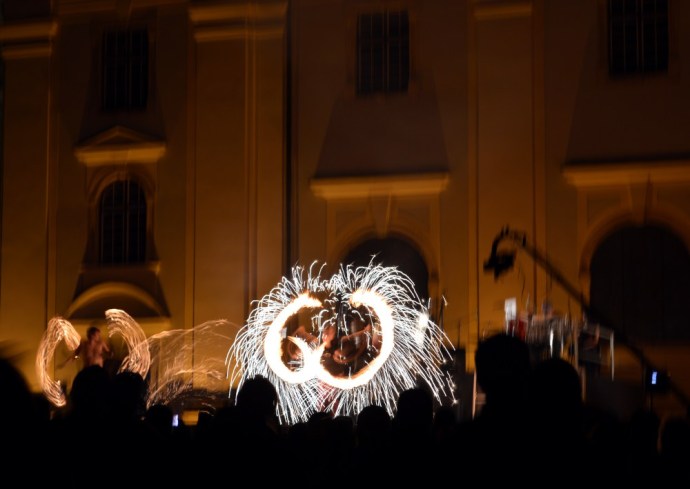
These firedancers are thousands of miles away from tropical beaches but are just as intense!
FITS (Festivalul International de Teatru de la Sibiu) or the Sibiu International Theatre Festival is ten days of various performances not limited to the four walls of the theater, a convergence of acrobats, brass bands, street performers, mimes, comedy-musical groups, and improv artists. Its 20th edition was held from June 7 to 16, 2013. FITS is the first festival to be held annually among the top three performing arts festivals in Europe and ranked third after Edinburgh Festival Fringe in Scotland and Festival d’Avignon in France.
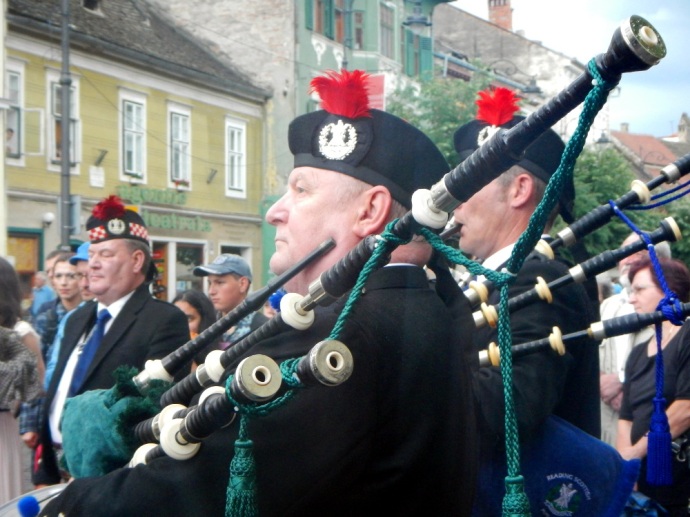
It’s easy to guess where these bagpipers are from
This year, participating groups came from several continents: Argentina, Austria, Belarus, Belgium, Canada, Croatia, Czech Republic, Finland, France, Georgia, Hungary, Israel, Italy, Japan, Mexico, Netherlands, Poland, Romania, Russia, South Korea, Spain, Serbia, UK, and USA. The streets, concert halls, churches, parks, cafes and fortresses came alive in a vibrant, pulsating series of performances. Aside from the multilingual theater, dance, music, circus, and street shows, there were also complementary activities like art exhibits, film screenings, conferences, seminars, workshops, book launches, and fora.
“The Tragedian,” a three-part four-hour one-man show about British thespian Edmund Kean, one of the most talented Shakesperean actors of all time, may look scary on paper, but the concept and execution itself were engaging. With a big box and dressed in a coat, the solitary actor walked into the dark hall singing…and as his face was revealed by the spotlight, we were all sucked into this story tracing Kean’s life from childhood til death. The actor not only used different accents to differentiate each character but used his entire body to bring to life each distinct person. Between acts, I would be surprised as I checked my watch to find that an hour had already flown by.
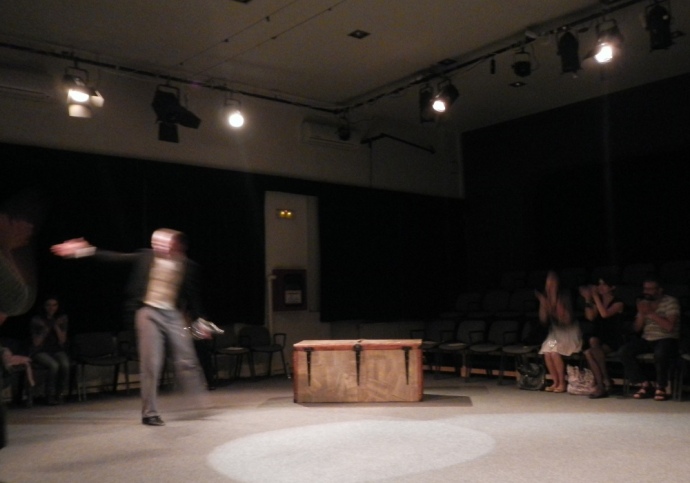
All you really need is one man and a trunk of props
“Hot Dog,” a German modern dance tribute to Andy Warhol is also a condemnation of our market-driven, commercialized society. However, more telling is how it makes one think and rethink just how pervasive is advertising and consumerism in our daily lives.
The multi-awarded Romanian production of “Faust” sent shivers up my spine. With a large cast, it was an inspired version of the classic struggle of man between good and evil and, ultimately, free will. The actors as well as the stage design and direction were astounding. It was like being transported to hell!
The truly ingenious “A Streetcar Named Popescu” was also a Romanian production but performed in Romanian, English, German, and French—all at the same time, and inside a running tram. It dramatized the life of poet Cristian Popescu with limited space, an ensemble of expressive actors, and beautiful verses.
The very strong and serious Polish examination of history and how it weighs down on present society was portrayed in “A Piece on Mother and the Fatherland.” In it, the bruised Polish psyche was revealed through references to modern movies and verses.
The hilarious British puppet improv “The Table” employed one cardboard-box-and-cloth puppet and three puppeteers. And a very big table. I wonder, is the Philippines ready to welcome improv that does not involve embarrassing or humiliating people in the audience or public figures?
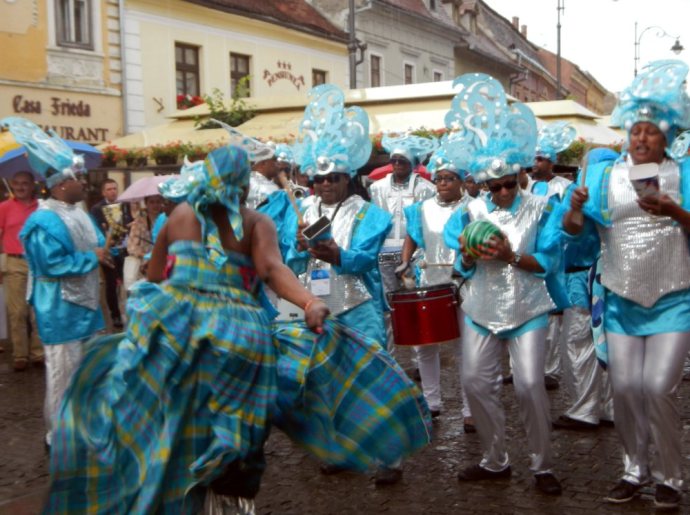
A Caribbean parade is always full of color
From classics by Chekhov and Shakespeare to contemporary tributes to Andy Warhol and adaptation of Antoine de St. Exupery’s classic novel…From Renaissance music to contemporary chorale… From Scottish bagpipe bands and Belgian performers on stilts to Caribbean ethnic performances that reminded me of our very own Ati-Atihan…the Sibiu International Theatre Festival made the performing arts more accessible to the public—not only to Romanians, but to a multitude of tourists.
As if this hubbub of activity was not enough, there were also the Sibiu Book Festival that gathered voracious readers, talented writers, and enthusiastic publishers as well as the Sibiu Performing Arts Open Market that was an accessible venue for performance arts groups to market their latest works to interested members of the public.
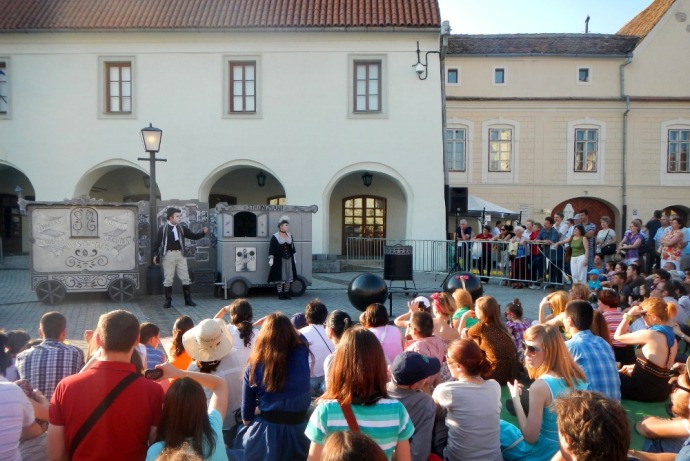
Catching some summer sun in one of the outdoor performances
How was all of this achieved, you ask? With a lot of logistics and many volunteers, plus the concerted effort of private organizations, businesses, and the government. All of the performances were in the native language of the performing group, all of them used Romanian supertitles (think film subtitles, but flashed above the stage instead) and quite a number of them were translated into English. However, the beauty of art is that it transcends languages…and this was proven well during this festival. Maybe next year, a Philippine group will be a part of it.
Curious about Sibiu? Read more about the cultural heritage and attractions of this Romanian City here.


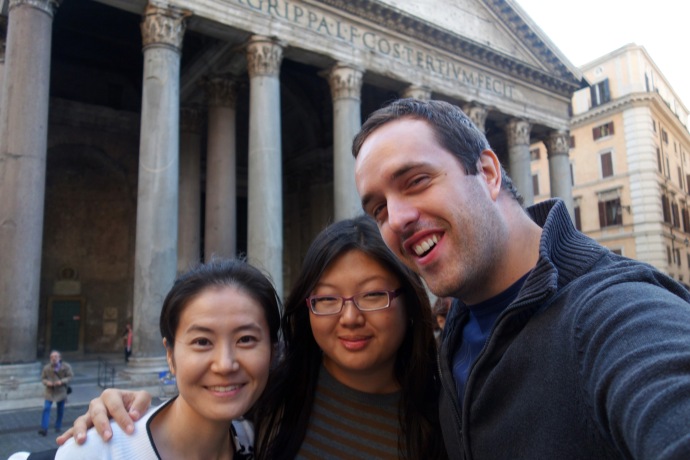
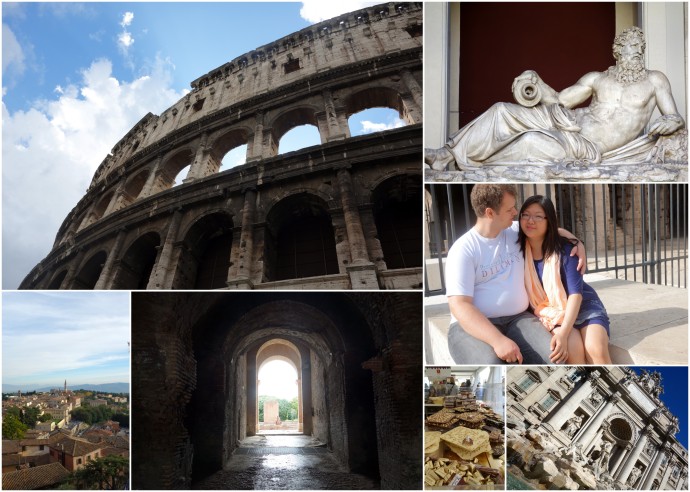
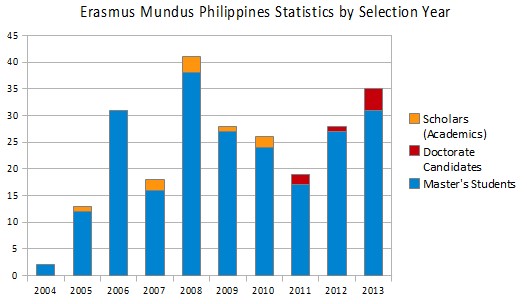
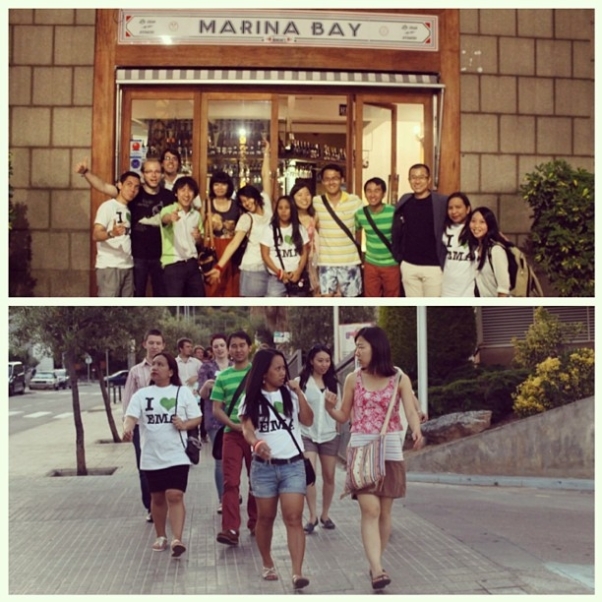
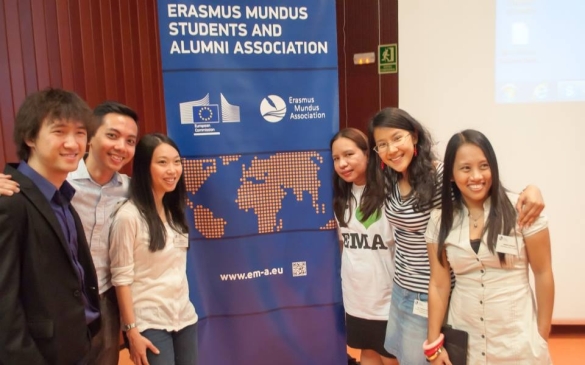
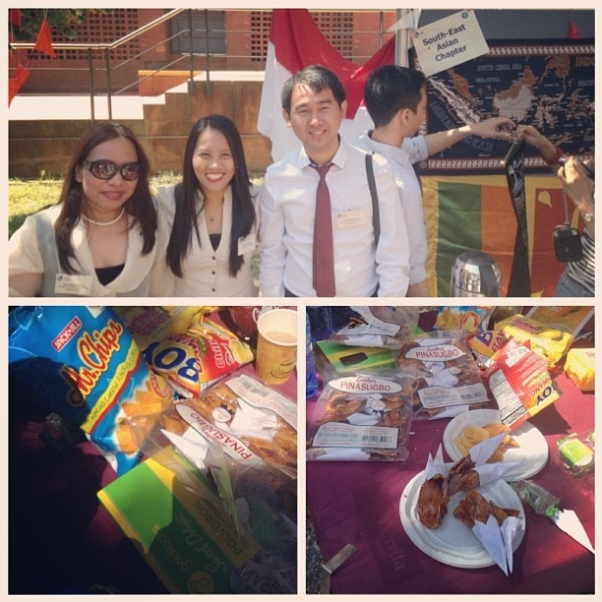





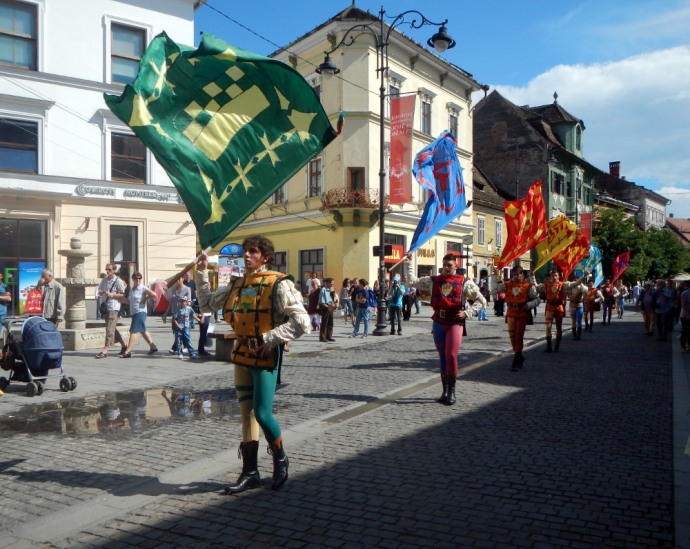
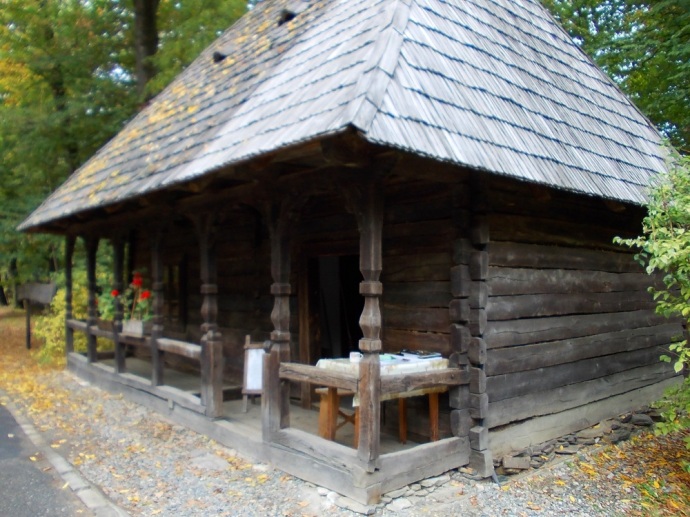
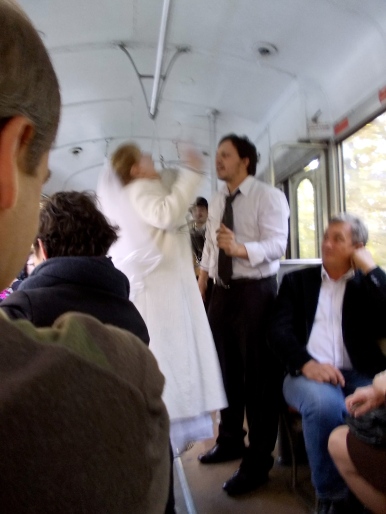
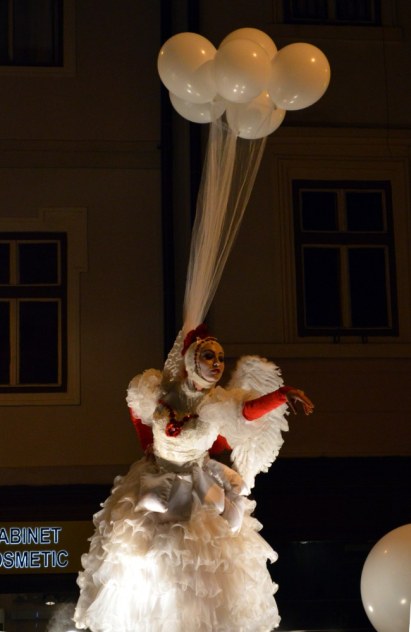
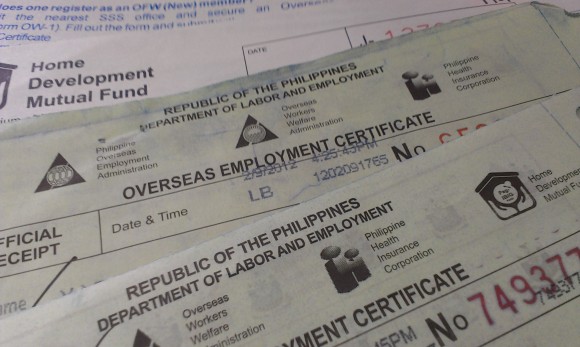
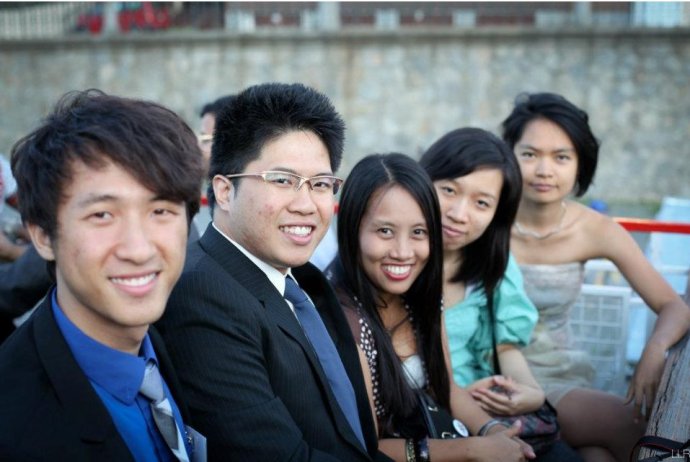
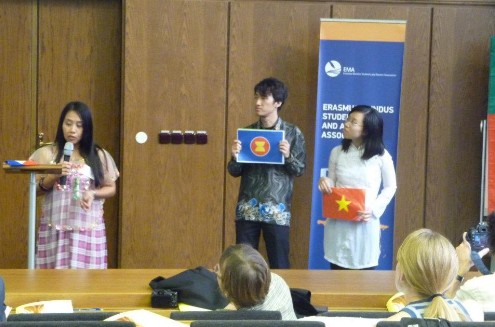
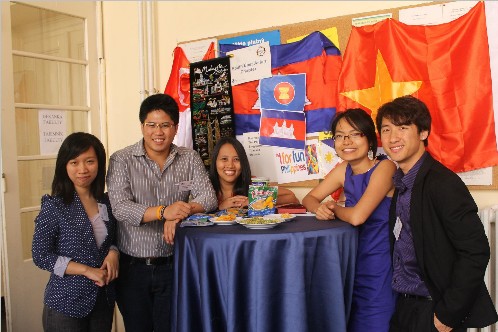
 License Creative Commons
License Creative Commons